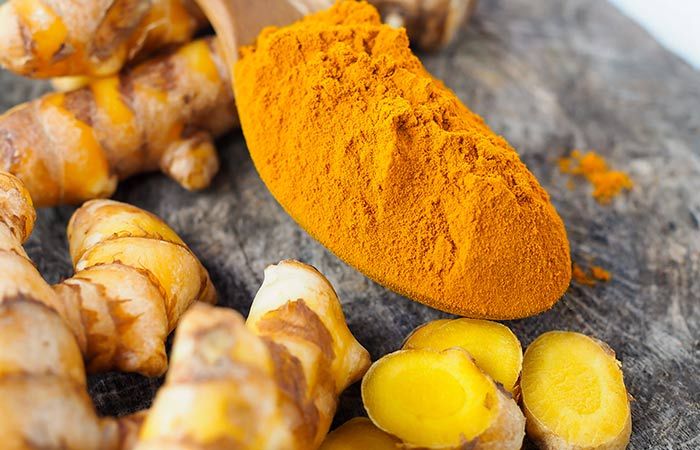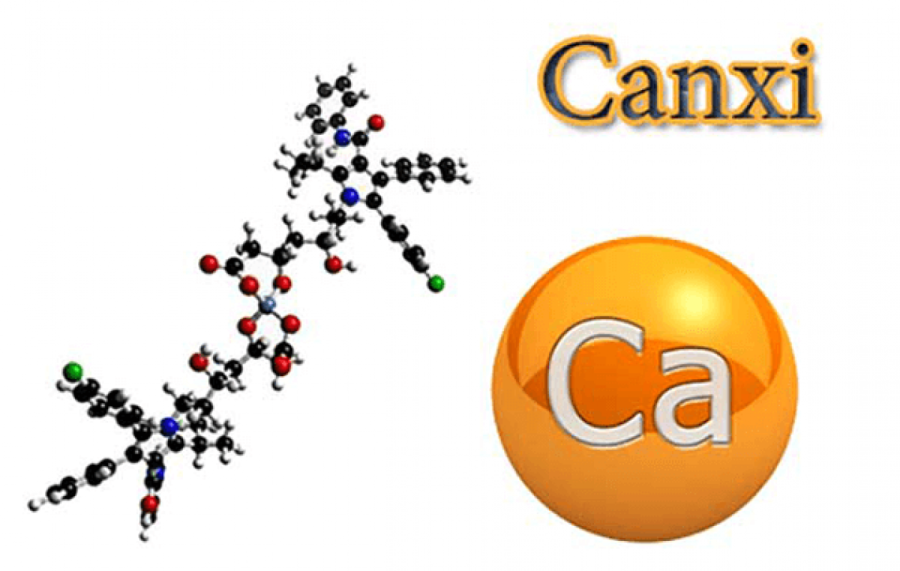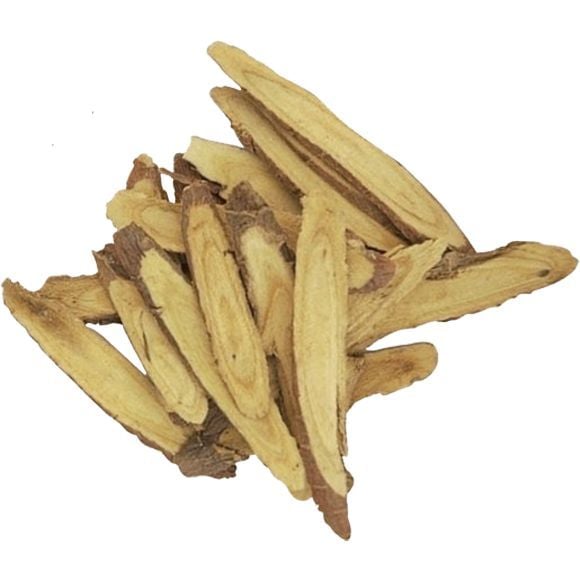The use of dietary supplements has become an integral part of many people’s daily health routines. However, the misconception that natural products are absolutely safe has led to the misuse of these supplements, often with unforeseen consequences. In reality, some dietary supplements can have serious impacts on kidney function, especially when consumed in high doses or over extended periods without medical supervision.
Listed below are 5 commonly used supplements that may cause kidney damage, which many are unaware of:
1. Turmeric – High doses can lead to kidney stones
Turmeric is renowned for its anti-inflammatory and antibacterial properties and is a familiar ingredient in traditional medicine and cuisine. However, those with a history of kidney stones or renal dysfunction should exercise caution. Turmeric contains high levels of oxalate, which combines with calcium in the body and can lead to the formation of kidney stones. Consuming large amounts of turmeric regularly can increase the risk of stone formation, especially in those already at high risk.

2. Vitamin C – Excessive doses can be harmful
Vitamin C is an essential micronutrient that boosts immunity, acts as an antioxidant, and improves skin health. However, exceeding the recommended daily intake can have detrimental effects. The suggested daily dose is just 75 mg for women and 90 mg for men. Yet, many people supplement with up to 1,000 mg/day, far surpassing safe levels. Excess vitamin C is excreted by the kidneys in the form of oxalate, which can accumulate and lead to kidney stone formation.
A 2023 study also linked high doses of vitamin C to increased oxaluria, resulting in acute kidney injury in some individuals.
3. Calcium – Essential for bone health but can increase the risk of kidney stones
Calcium plays a crucial role in maintaining bone health, but improper supplementation, especially in high doses, can burden the kidneys. When combined with vitamin C, the risk of kidney stone formation increases due to the interaction between calcium and oxalate. It is advisable to consult a doctor before taking calcium supplements, especially if you have a history of kidney stones. In some cases, adding magnesium and vitamin B6 to the regimen can help mitigate this risk.

4. Potassium – Use only as directed by a healthcare professional
Harvard Medical School advises against daily use of potassium supplements unless specifically instructed by a doctor. While potassium is an essential electrolyte, for those with impaired kidney function or chronic kidney disease, regulating potassium intake is of utmost importance. Hyperkalemia, or elevated potassium levels in the blood, can cause cardiac arrhythmias and even lead to death if left untreated. Many herbal supplements now contain hidden potassium, further increasing the risk for those with kidney issues if they do not carefully check the ingredients.

5. Licorice – High intake can cause kidney damage
Licorice is a popular herb in traditional Chinese medicine, known for its detoxifying and digestive benefits. However, consuming large amounts of licorice or taking it for extended periods can impact kidney health. A 2019 study found that glycyrrhizin, the primary compound in licorice, can increase blood pressure and affect kidney function. The National Center for Complementary and Integrative Health (NCCIH) warns that individuals with high blood pressure, heart disease, or existing kidney conditions should not consume licorice casually, especially in concentrated forms such as extracts or compressed tablets.
The Dangers of Neglecting Kidney Health: Expert from Bach Mai Hospital Reveals Common Misconceptions Leading to Severe Renal Damage in Vietnam.
Introducing: The Ultimate Guide to Kidney Health: Uncovering the Damaging Habits and Offering a Path to Wellness.
Step into a world where your kidneys thrive and your overall health soars. Uncover the secrets to renal wellness and bid farewell to detrimental habits. It’s time to shine a light on the shadows, to recognize the habits that harm and to embrace a brighter, healthier future.





































